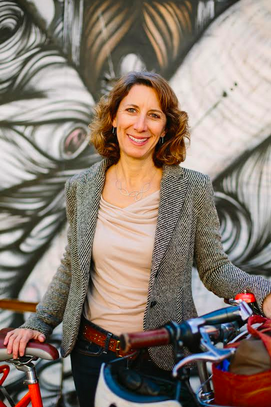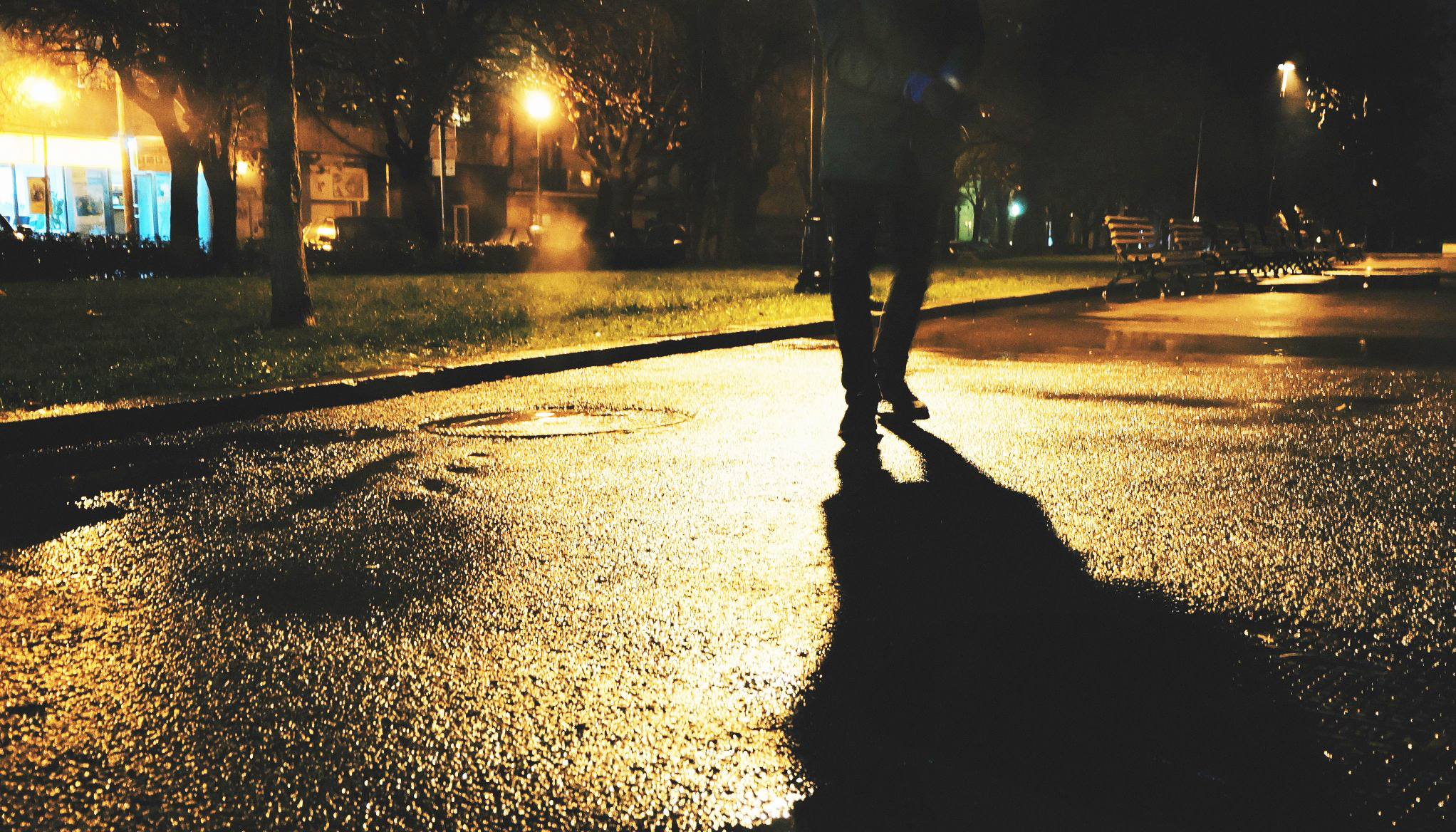
Vision Zero -- the idea that we should no longer accept traffic deaths and serious injuries -- is gaining momentum as a framework for thinking about city streets and transportation, as more American cities adopt the goal of ending traffic fatalities.
But what actually constitutes a Vision Zero policy? What are the best strategies to dramatically reduce traffic violence? Which cities are doing it right, and which are talking the talk without walking the walk?
A new organization, the Vision Zero Network, seeks to help American cities adopt the most effective street safety policies. The organization launched today under the leadership of Leah Shahum, former executive director of the San Francisco Bicycle Coalition, with support from Kaiser Permanente.
The purpose of the Vision Zero Network will be two-fold, says Shahum. First, the group aims to connect officials in leading Vision Zero cities to facilitate the sharing of best practices. Second, it will establish benchmarks to determine whether cities are backing up the rhetoric with real policy action.
"We really want to make sure that there’s a meaningful standard to being a Vision Zero city," said Shahum. "And that’s not the reality so far. Because this concept is so new."
Shahum said the Vision Zero Network will include representatives from several agencies in five to 10 leading cities, which have not yet been selected. Officials from the mayor's office, transportation department, police forces, and public health department in each city will participate. The network will develop a standard to define what it means to be a "Vision Zero city."
"It’s not beneficial for this to be something that everyone is just jumping on the bandwagon," said Shahum. "The idea is that there is really legs and depth to this. There need to be real political commitments. There needs to be real resources committed."
Cities like New York, Chicago, and San Francisco have all adopted Vision Zero goals, and there is growing interest among smaller cities as well, though it remains to be seen if cities will achieve results that measure up to their objectives. New York City Mayor Bill de Blasio has framed his administration's street safety policies under the Vision Zero rubric. And last year, San Francisco agencies said they would eliminate traffic fatalities by 2024. The city recently published an action strategy that lays out the steps toward achieving that goal.
"We're seeing a change in our thinking and priorities to ensure that safety is prioritized," Shahum said. "This is very challenging work. It’s not something that’s going to come along very quickly or very easily. We're going to help cities get there faster."





